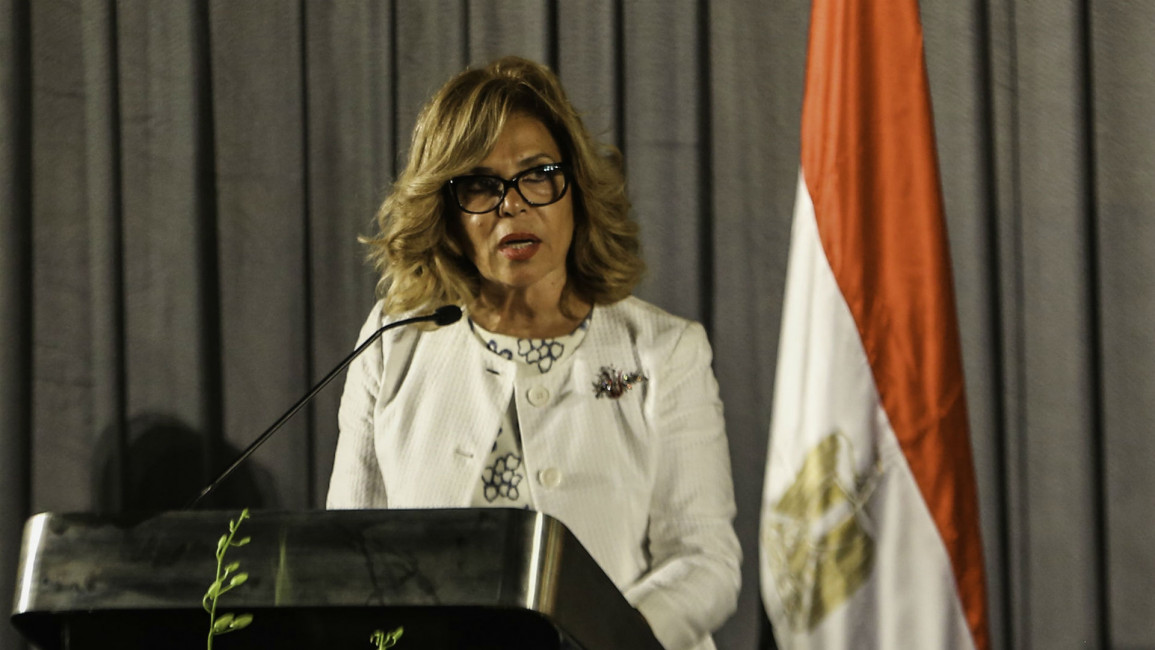Civil rights groups urge UNESCO to reject Egypt's nominee
Civil rights groups in Egypt are urging UNESCO to reject the candidacy of Egypt's nominee to head the agency, alleging she is complicit in state attacks on the values which the UN agency stands for.
The board of the UN's cultural body on Wednesday began vetting eight candidates vying to head an organisation.
Arab countries have complained that UNESCO has never had a boss from their region.
A statement on Friday from six groups says Moushira Khattab is silent on the state's closure of several libraries and attacks on other cultural institutions in Egypt, casting doubts over her competency to lead UNESCO.
Last year, Egyptian authorities shut down two publically accessible libraries founded by a human rights organisation.
In May, Egypt's President Abdel Fattah al-Sisi passed a contentious new law to regulate the work of NGOs, triggering fears of an unprecedented crackdown on dissent within civil society.
The UN agency is responsible for coordinating international cooperation in education, science and culture.
The groups critical of Khattab include the Cairo Institute for Human Rights Studies and Nazra for Feminist Studies.
A message left Saturday with Khattab, who is currently in Paris, was not immediately returned.
Egyptian Ambassador Mohammed el-Orabi, director of Khattab's campaign, provided a list of 23 civil society organizations supporting Khattab's candidacy.
Khattab previously served in Egyptian diplomatic missions.
The executive board of UNESCO, which has 58 member states, will begin electing a nominee by secret ballot on Monday.
If no candidate wins an outright majority after four rounds of voting, it goes to a run-off between the top two.
The candidate then must be approved by UNESCO's 195 member states, but this is seen as a formality.


